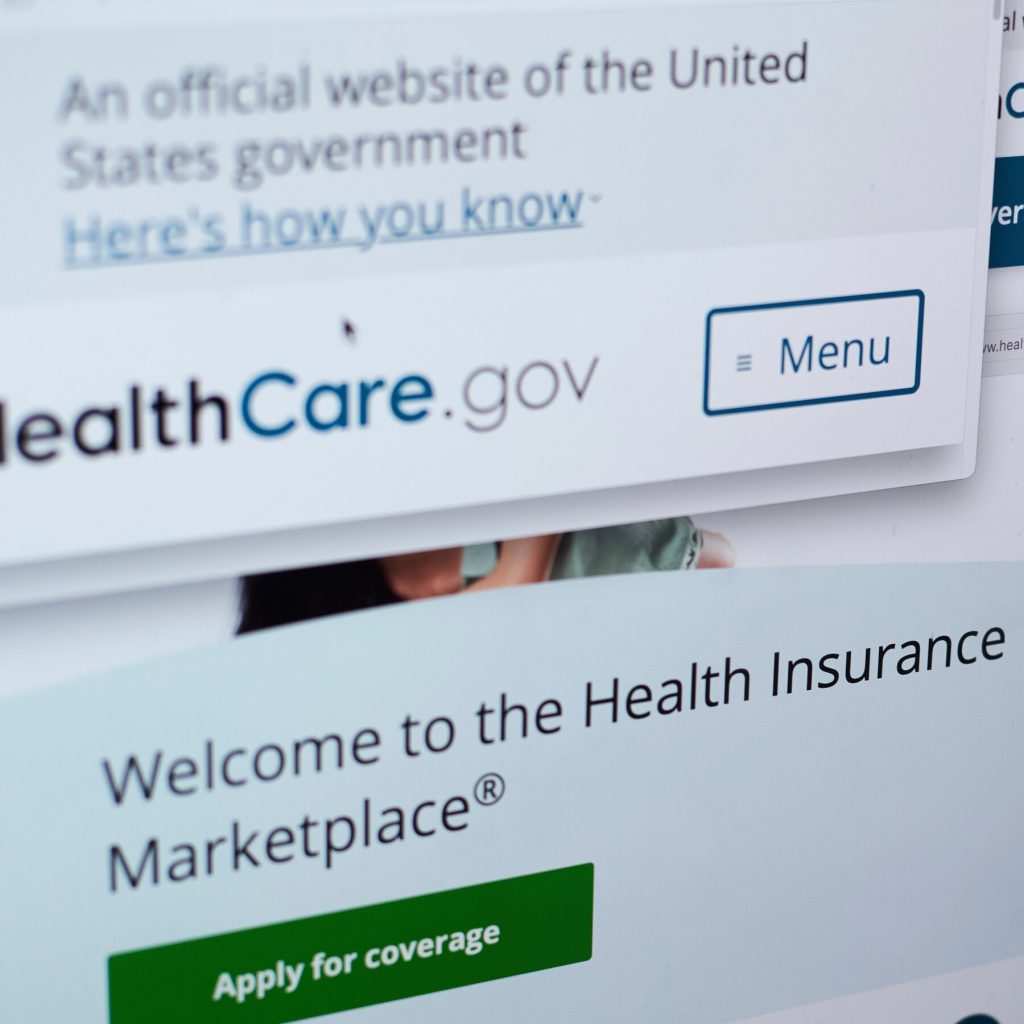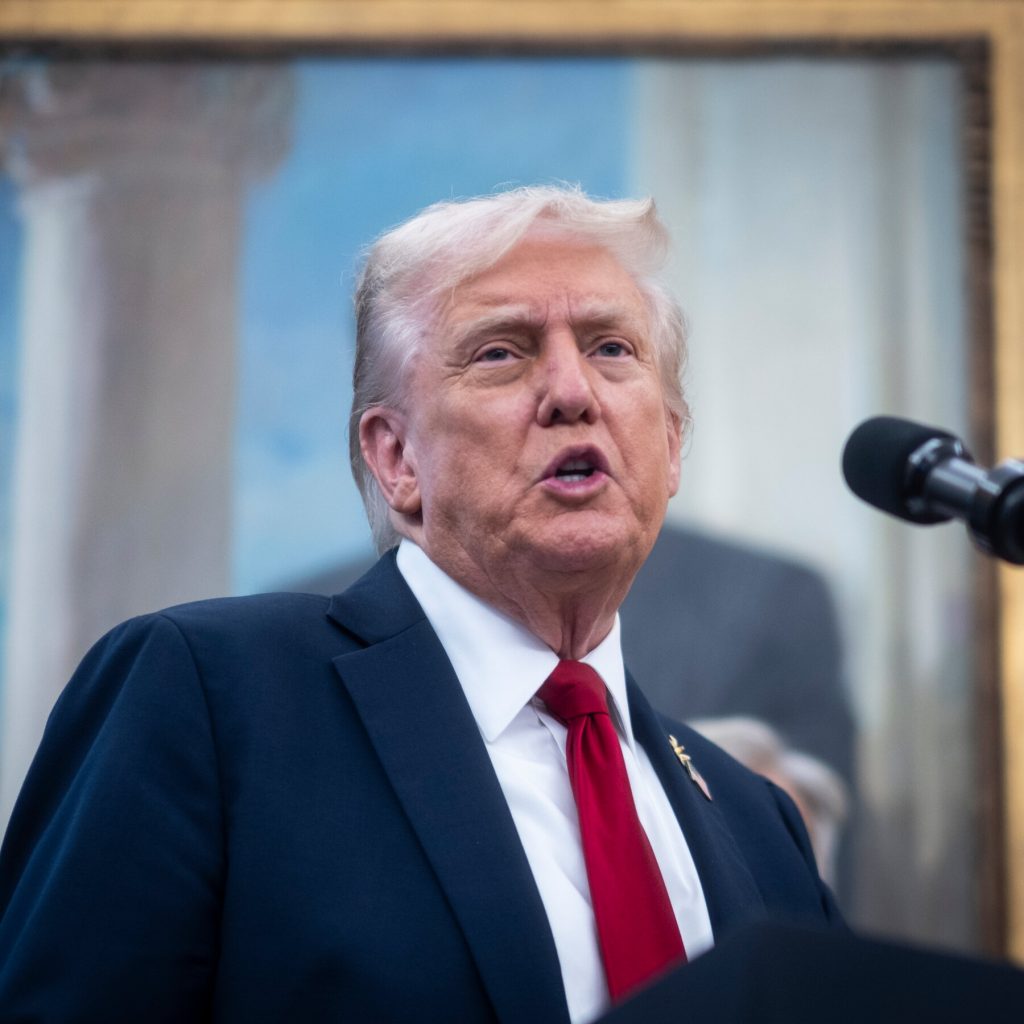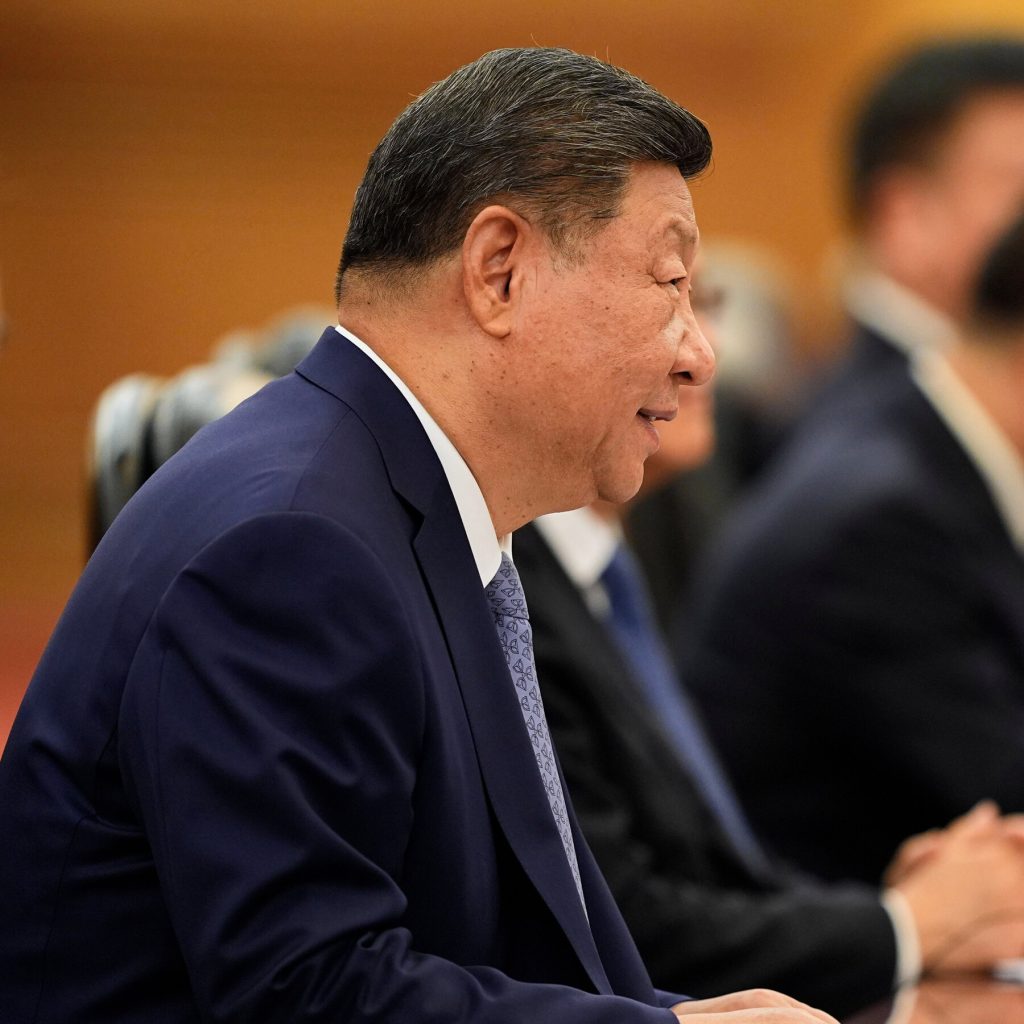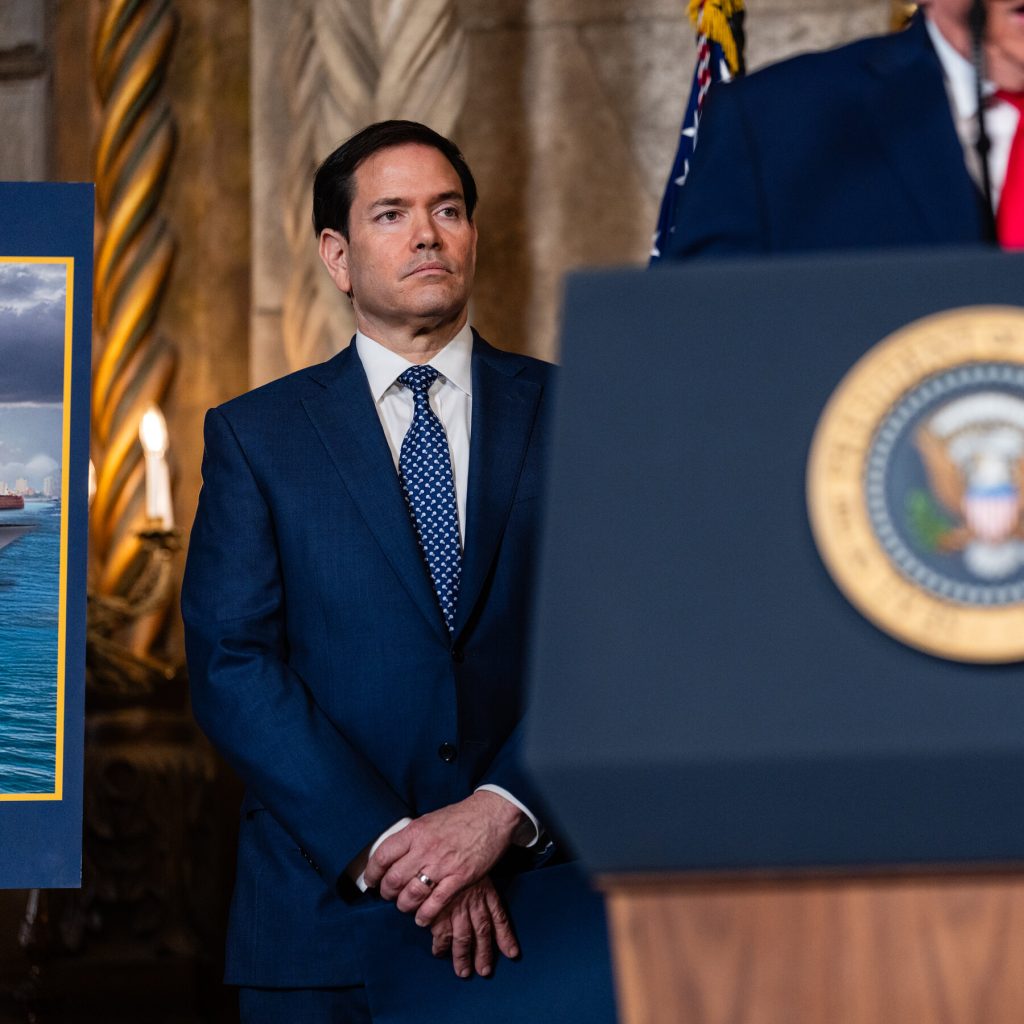The Hidden Costs of Health Insurance: Why Obamacare Isn’t Alone in Being Expensive

As the debate over the Affordable Care Act, commonly known as Obamacare, continues to rage on, one thing is clear: health insurance is a costly endeavor for Americans. While critics argue that Obamacare is particularly pricey, the reality is that all health insurance comes with a hefty price tag. The key difference, however, lies in how much of that cost is actually visible to consumers.
Under Obamacare, many Americans are eligible for subsidies that help offset the cost of their premiums. This means that while the sticker shock of high premiums may be evident, the actual out-of-pocket expenses for many individuals and families are significantly lower. However, this also means that the full cost of their coverage is not entirely transparent.
In contrast, employer-sponsored health insurance plans, which cover the majority of Americans, often have a more opaque pricing structure. Many employees are accustomed to having a portion of their salary deducted automatically to cover their premiums, with the employer covering the bulk of the costs. While this may seem like a convenient and affordable option, the reality is that the costs are still being borne by the employee, albeit indirectly.
The lack of transparency in health insurance pricing can make it difficult for consumers to truly understand the value of their coverage. In the case of Obamacare, the subsidies and cost-sharing reductions can make the plans appear more affordable than they would be without these discounts. On the other hand, employer-sponsored plans may have hidden costs, such as higher deductibles, copays, and coinsurance rates, that can add up quickly.
Ultimately, the issue of health insurance costs is complex and multifaceted. While Obamacare may have its drawbacks, it is not unique in being expensive. All health insurance plans come with significant costs, and it is up to consumers to carefully evaluate their options and understand the true costs of their coverage. By shedding light on the often-hidden expenses associated with health insurance, policymakers and consumers alike can work towards creating a more transparent and affordable healthcare system.






